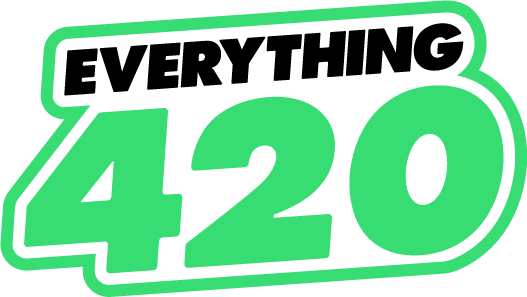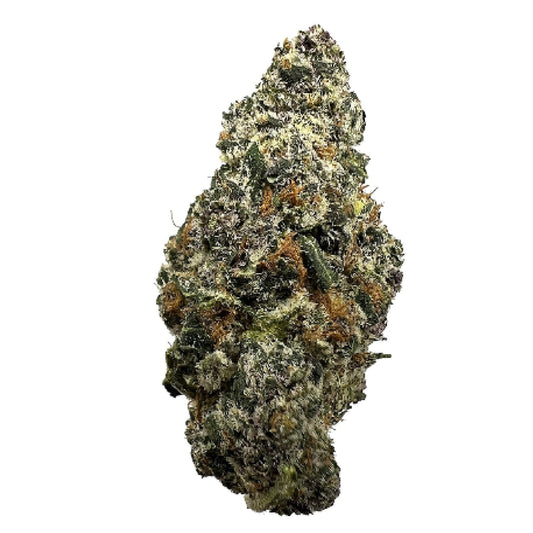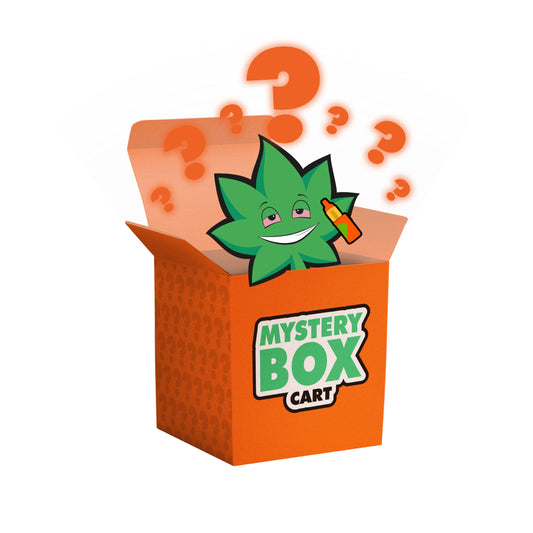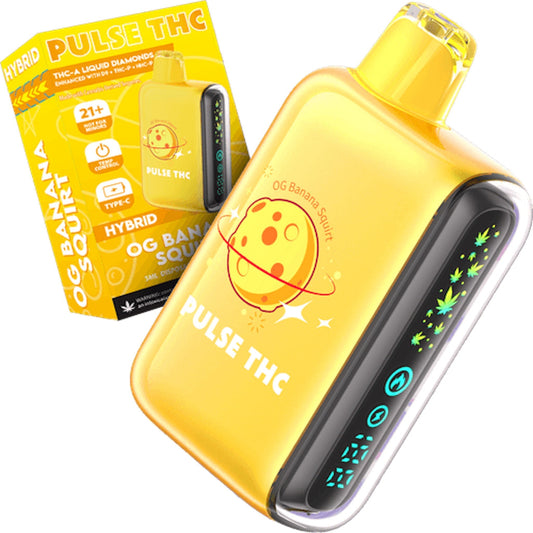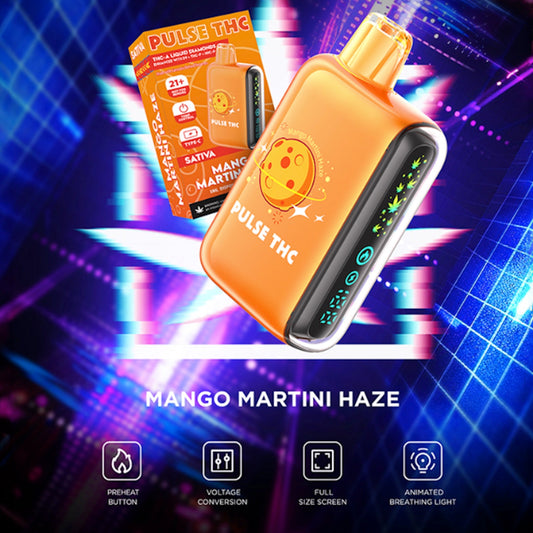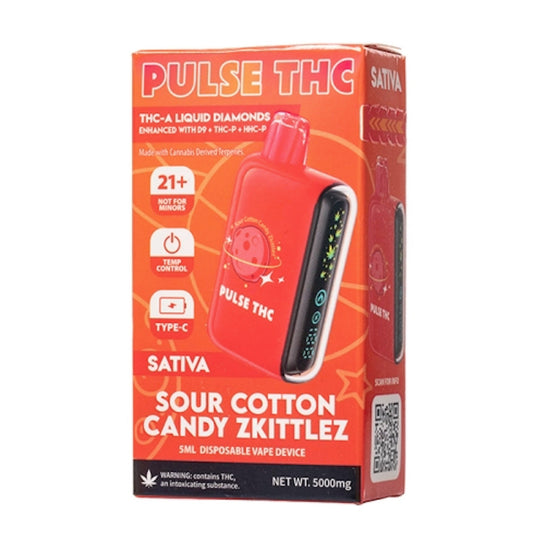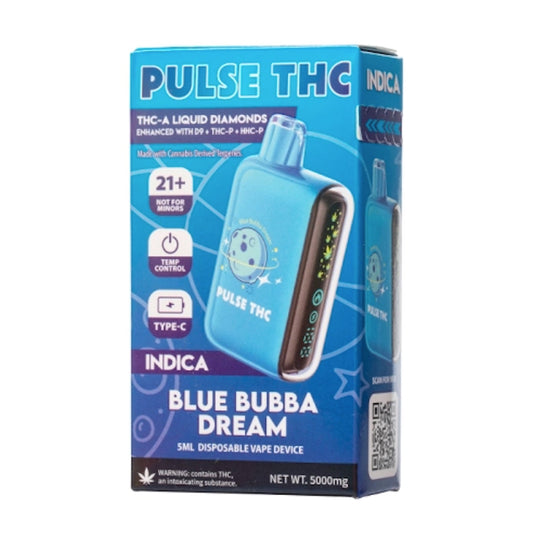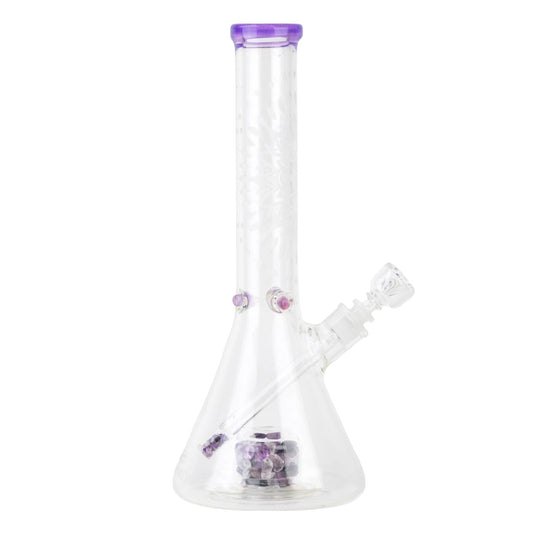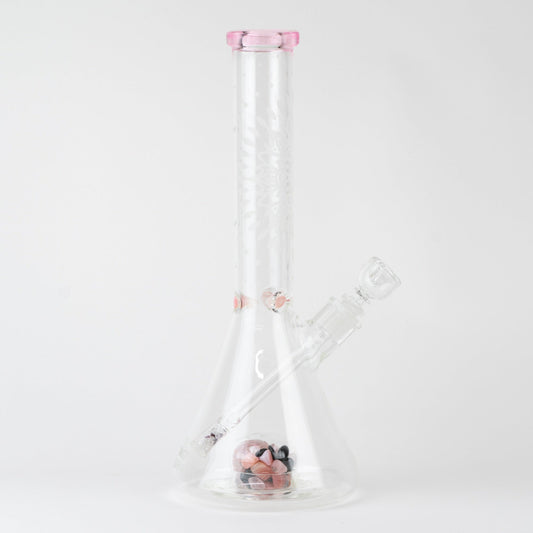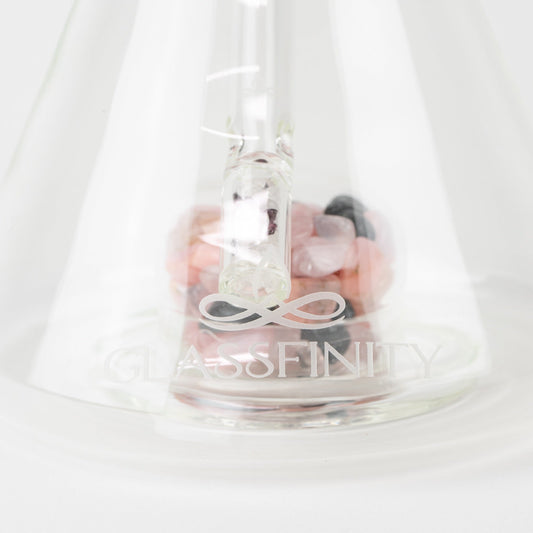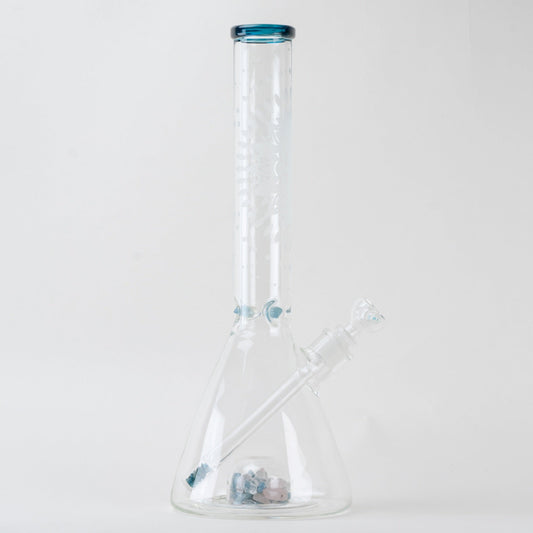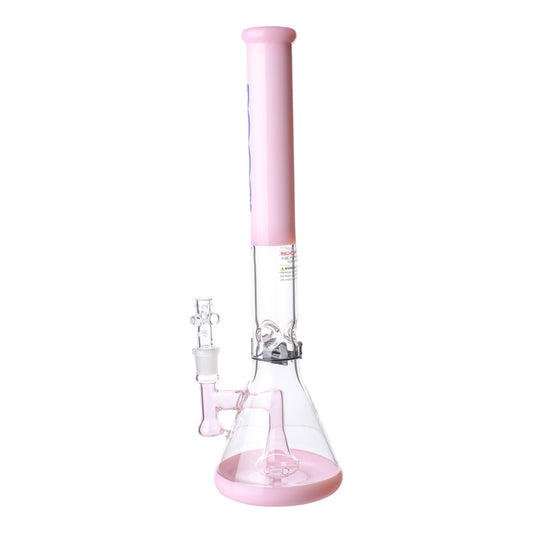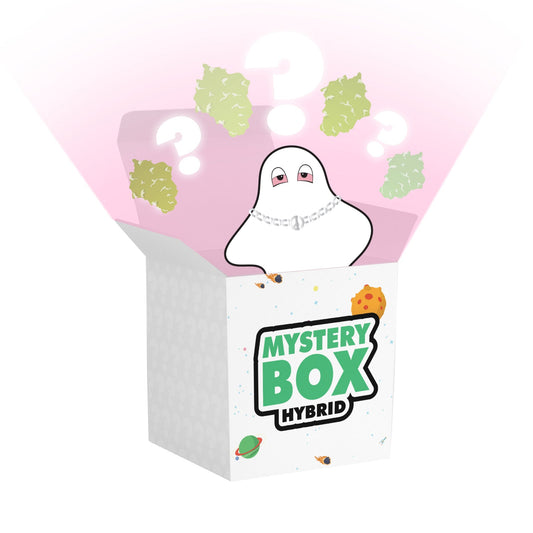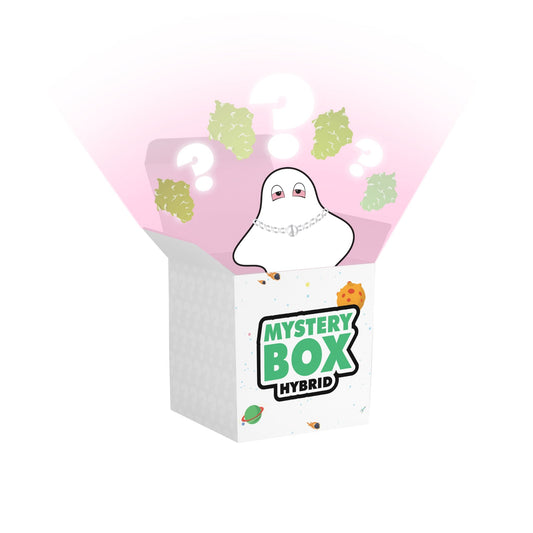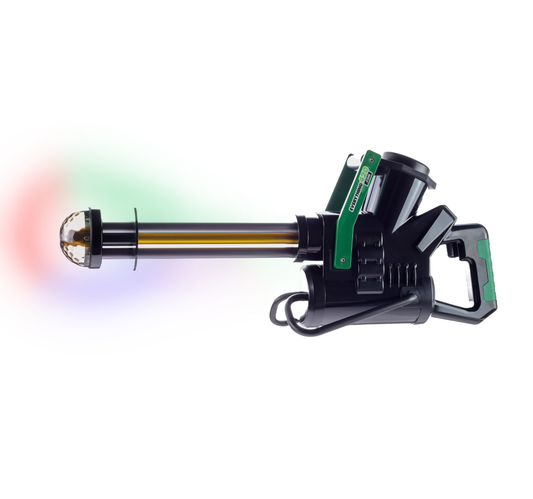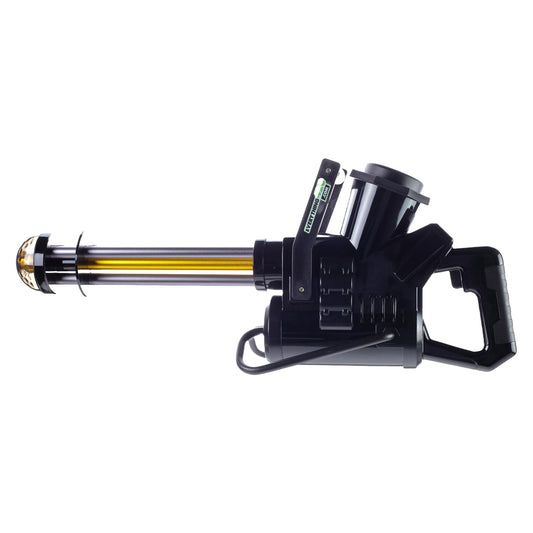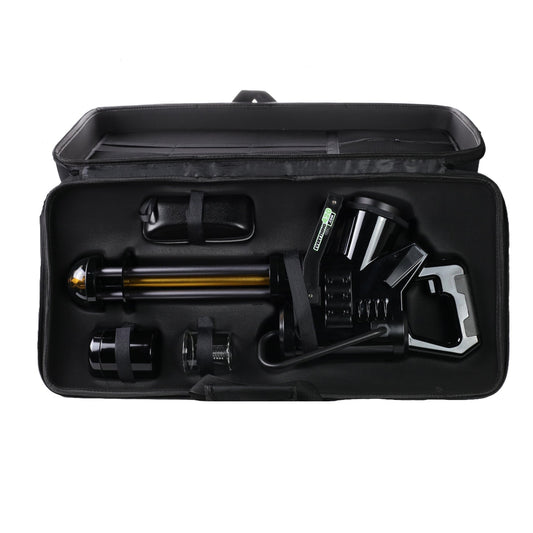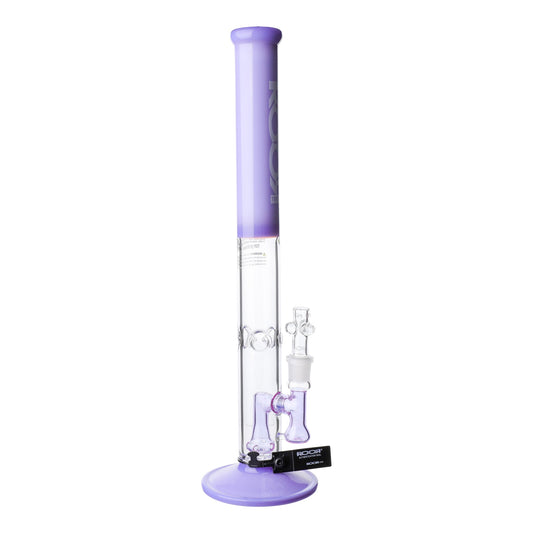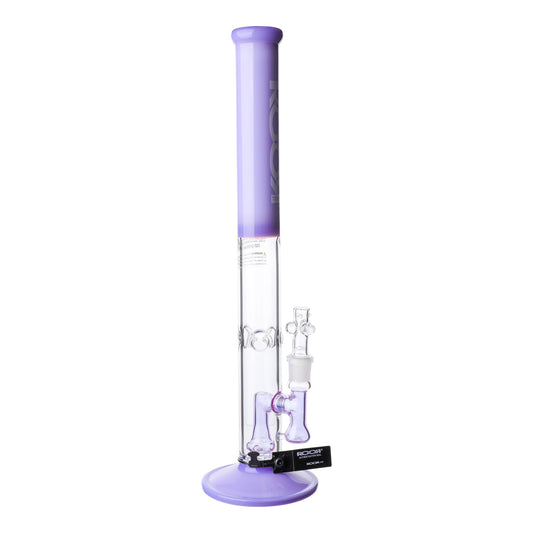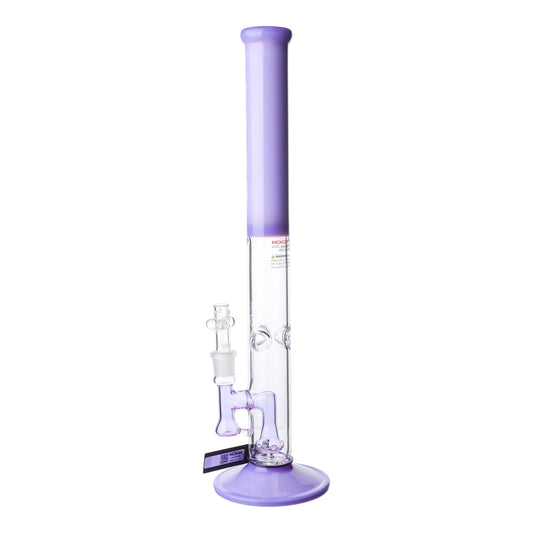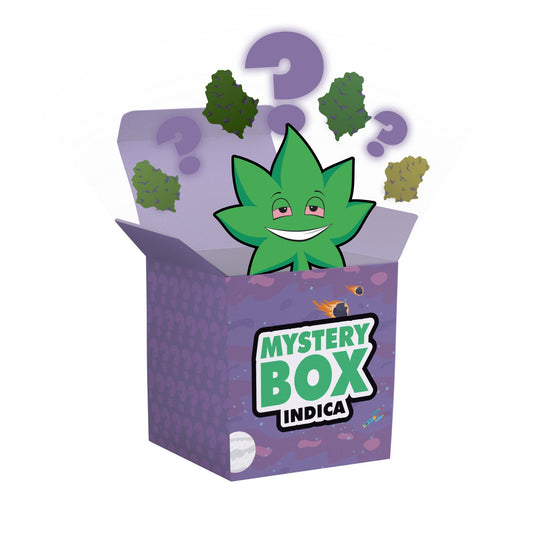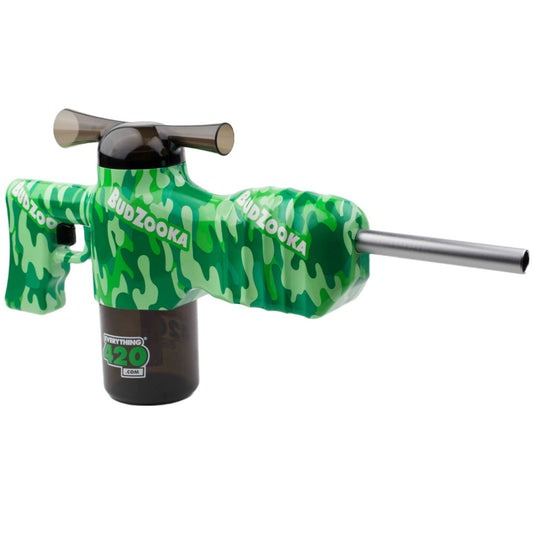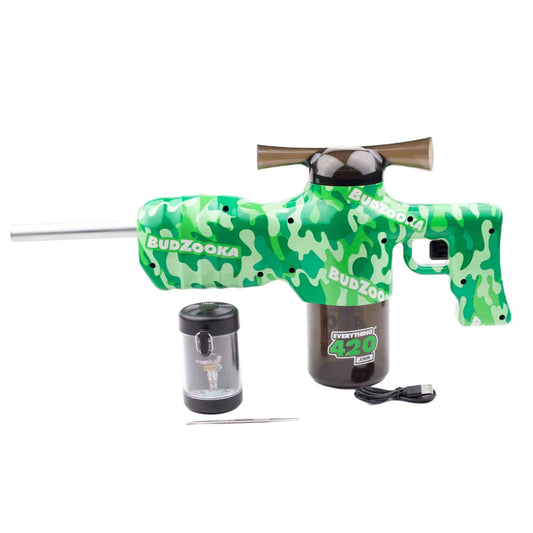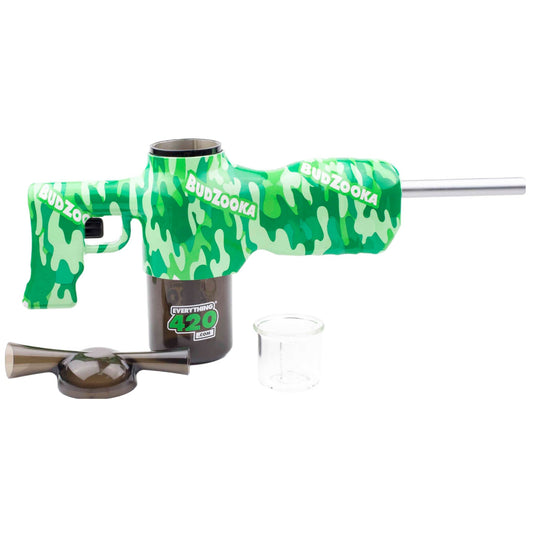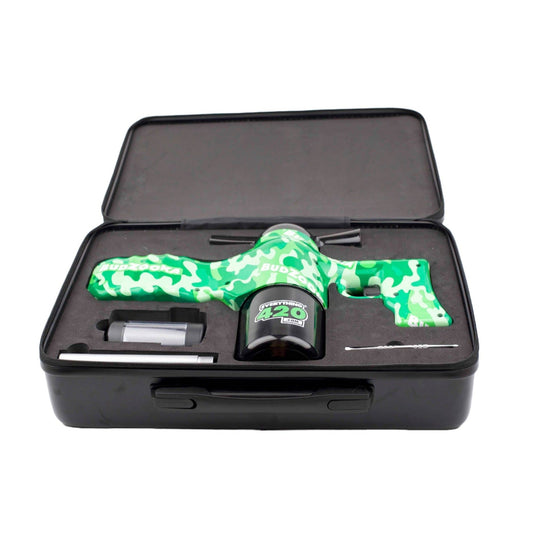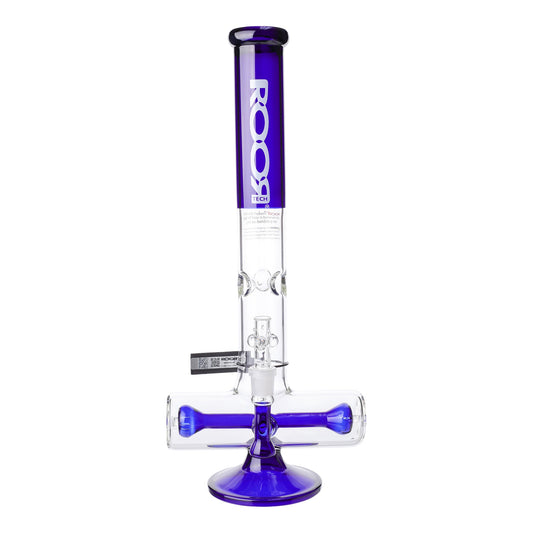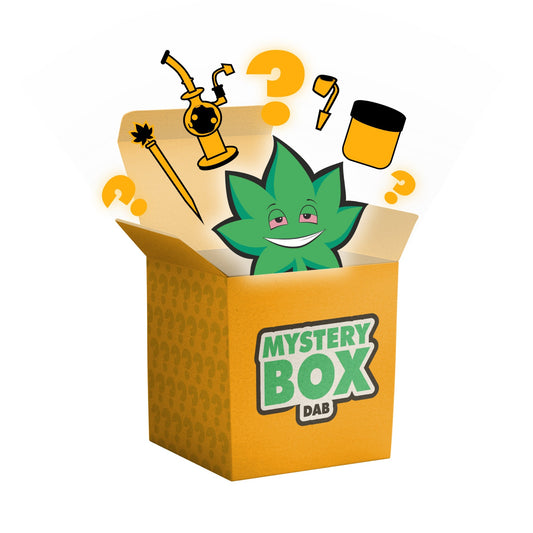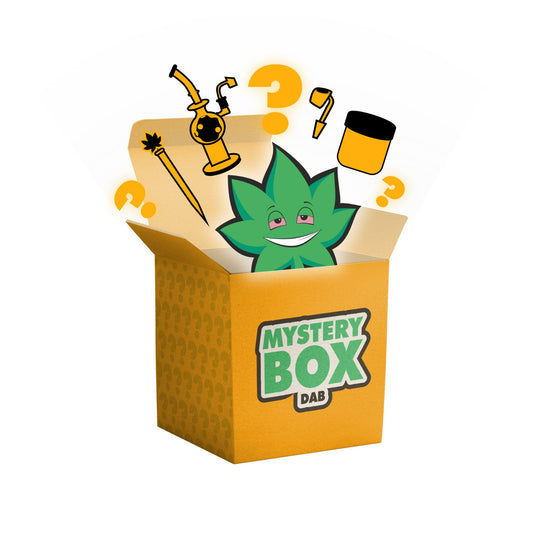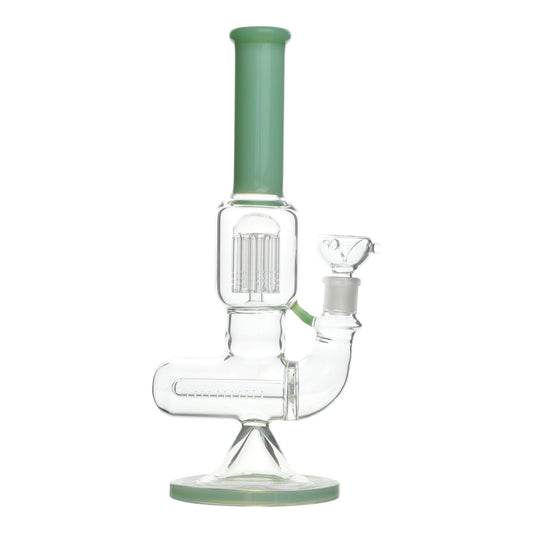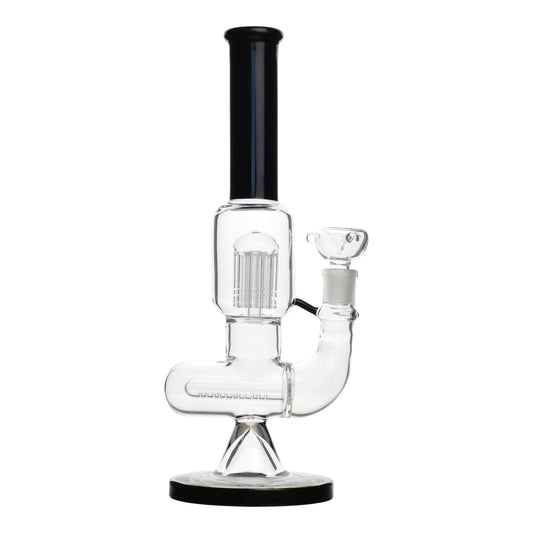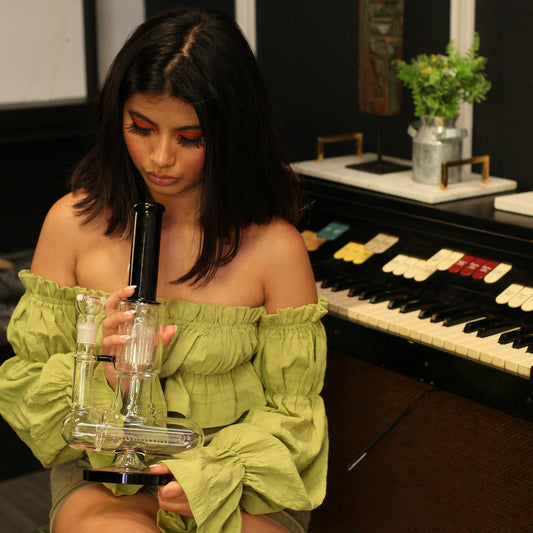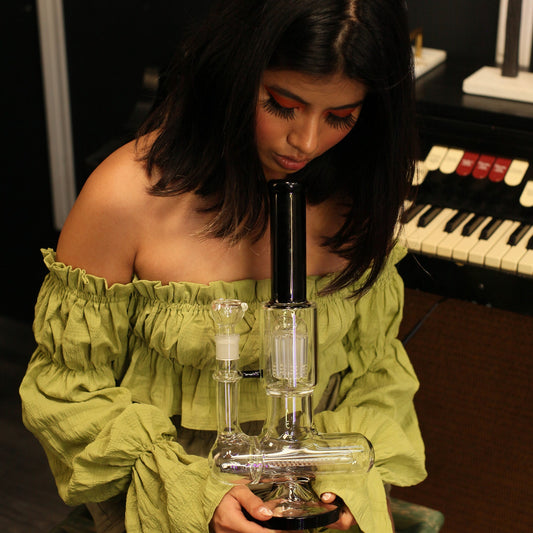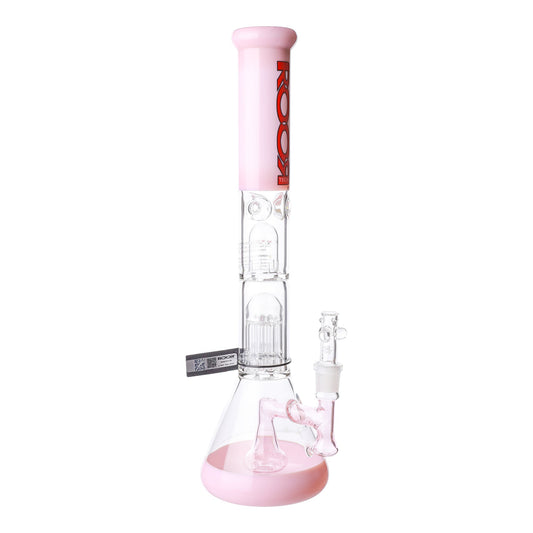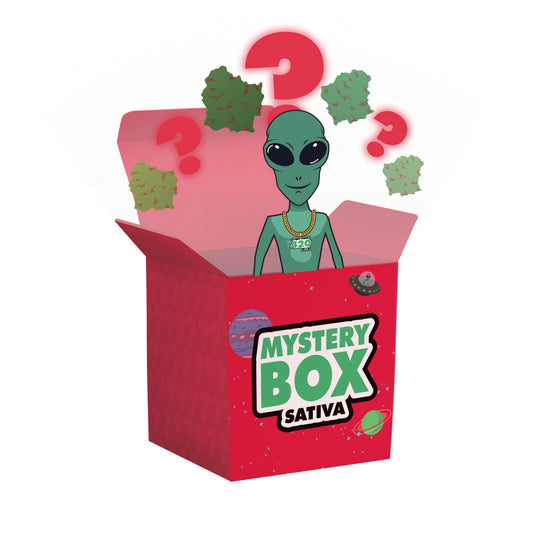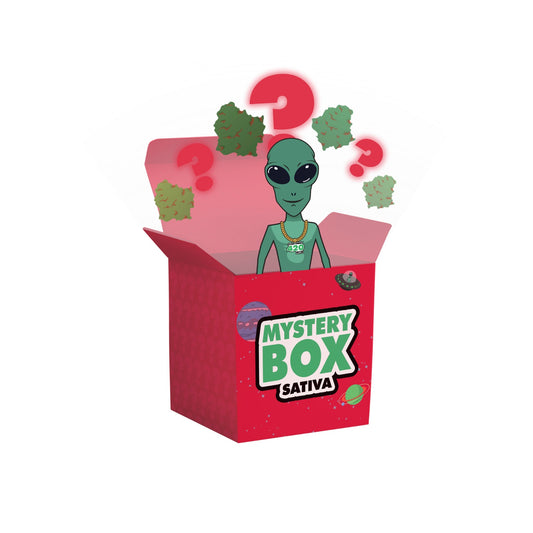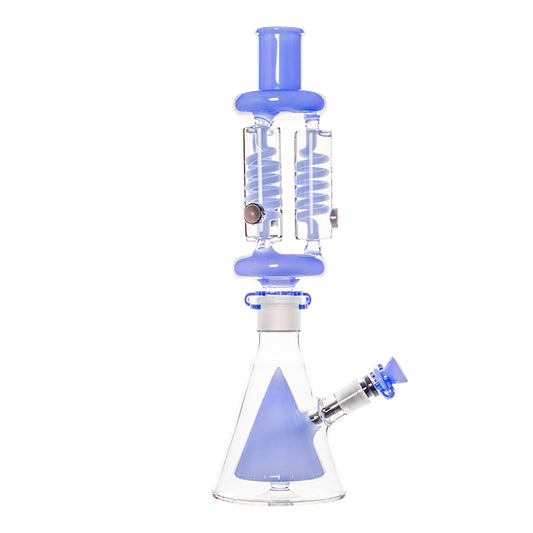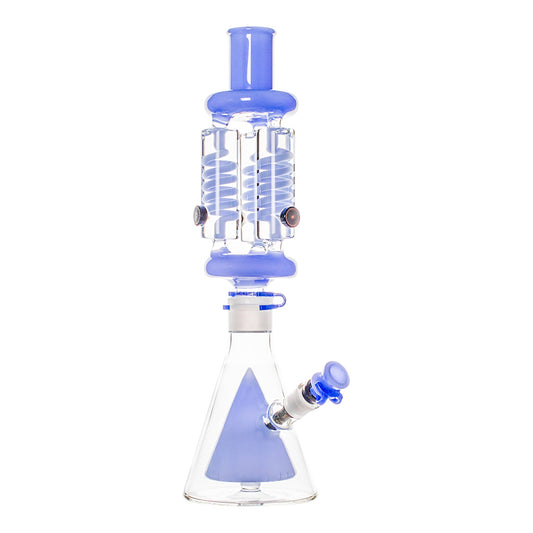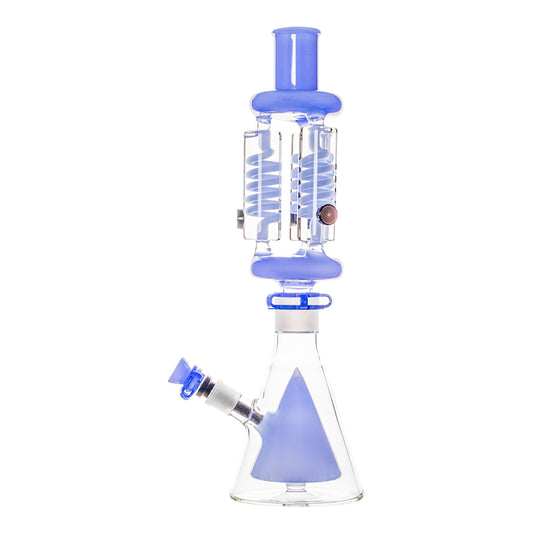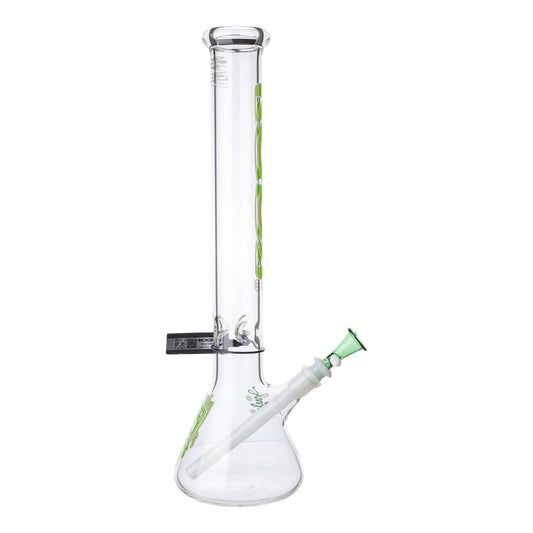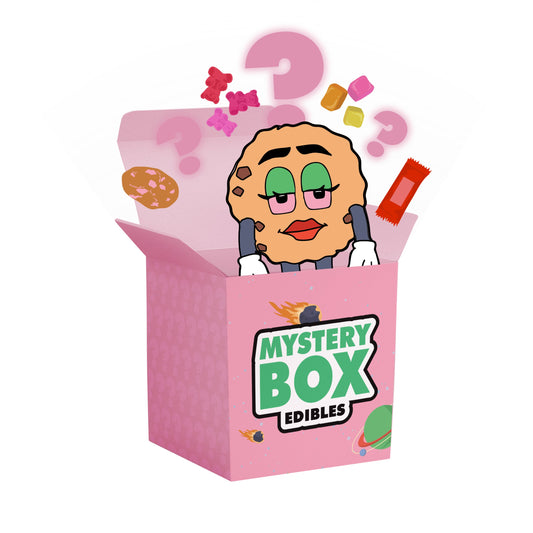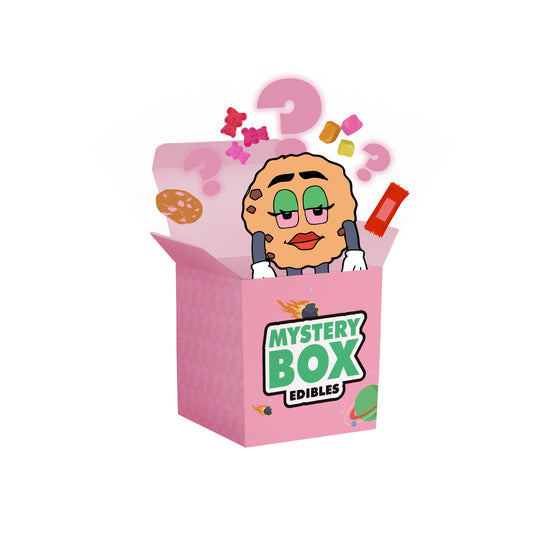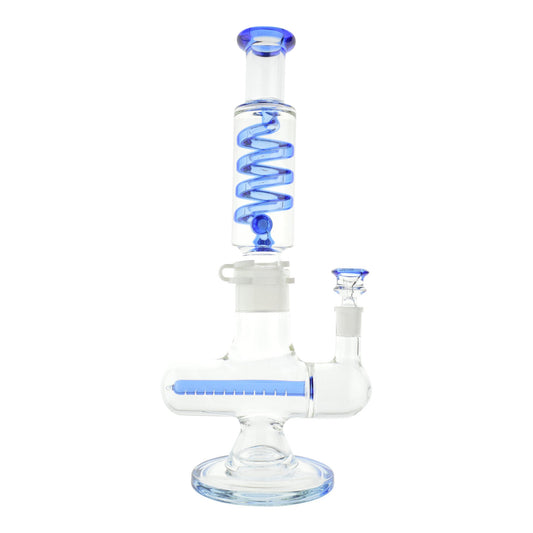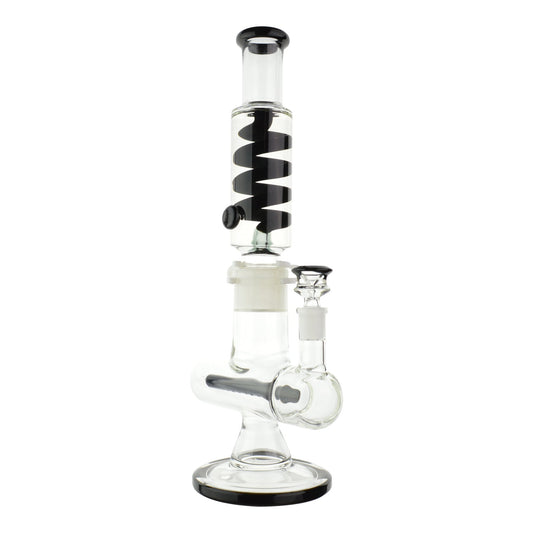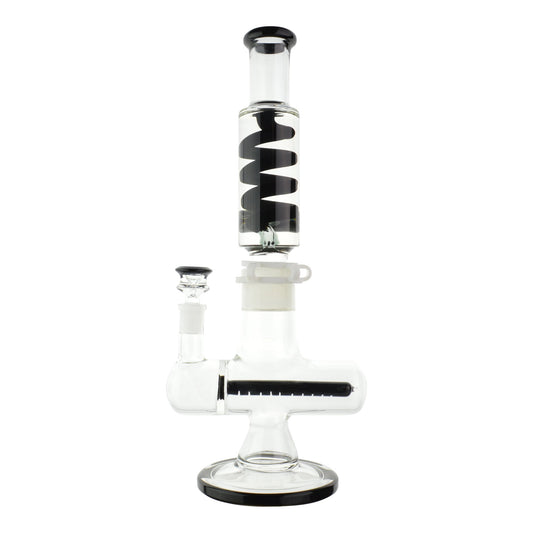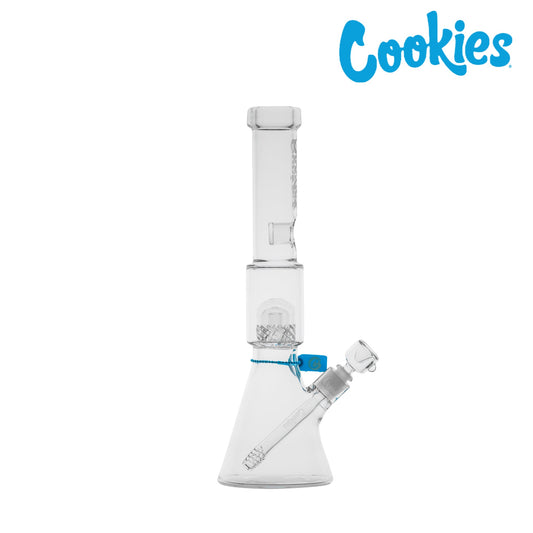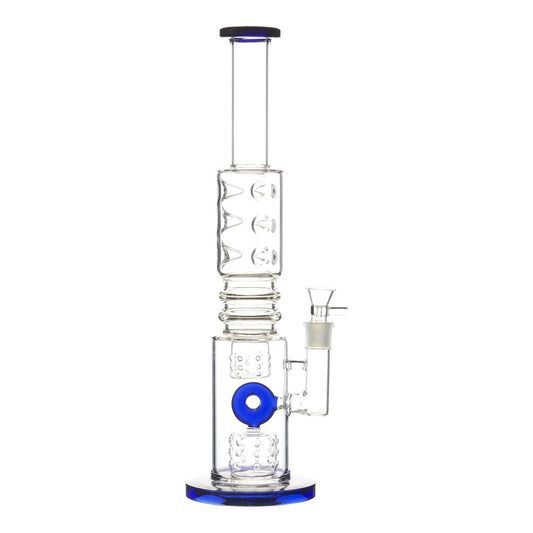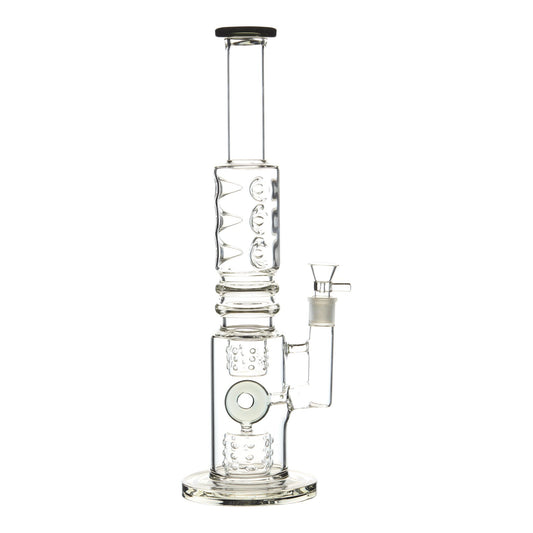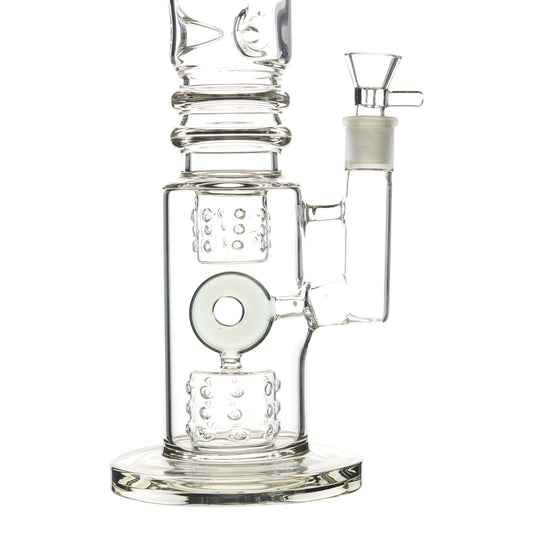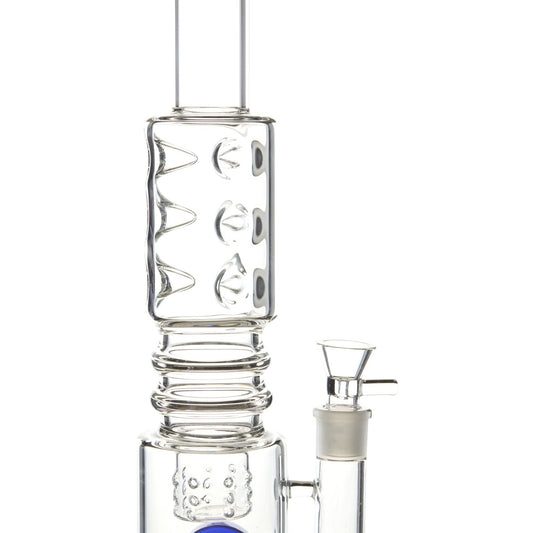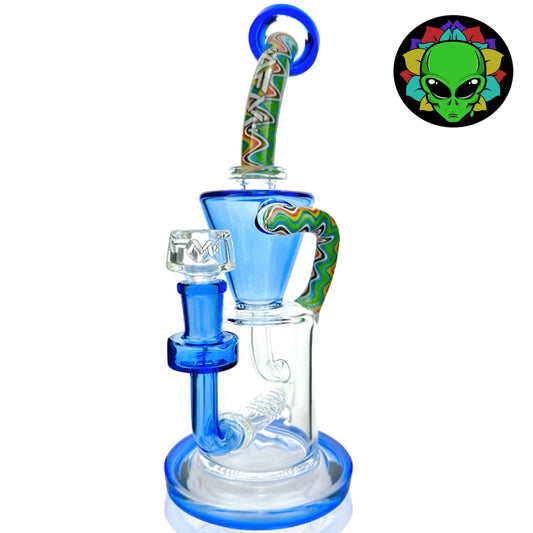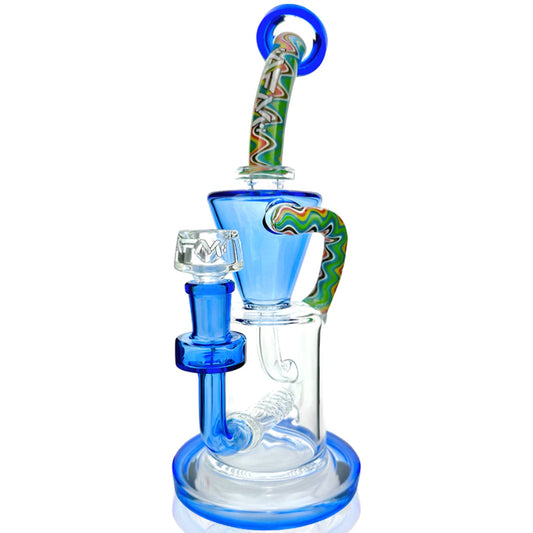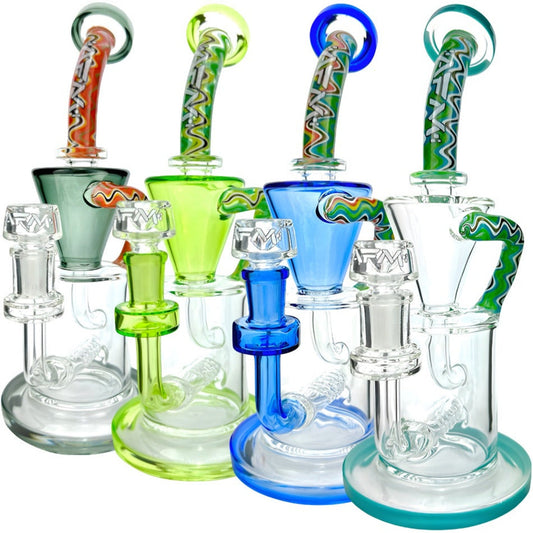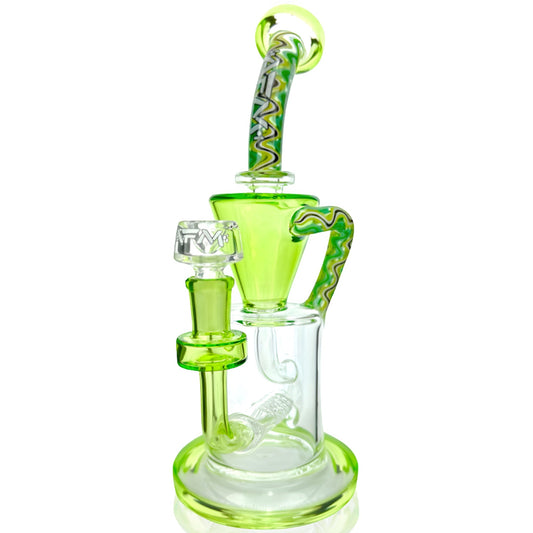As smoking ganja becomes a normal part of American culture and more states choose to loosen restrictions on pot, many people are wondering about the implications of legalization. Certain aspects and regulations associated with the legal marijuana industry have created a boom in black market cultivators and retailers who have huge profit margins and undercut licensed businesses. So what is really going on? Let’s start from the beginning.
Where is marijuana legal in the U.S.?
In 1996, California was the brave state to take the first step and allow medical marijuana, leading to the majority of the U.S. following in its footsteps. Recreational legalization of marijuana didn’t come until 2012 when Colorado and Washington legalized cannabis use for any adult age 21 and over. The 2018 Farm Bill took CBD (and other low THC hemp-derived cannabis) off of the Controlled Substances Act, essentially legalizing hemp and CBD across the country. While at the federal level, marijuana is still listed as a Schedule 1 drug alongside LSD and heroin, many states have chosen to go ahead and legalize or decriminalize pot within their borders. As of 2019, 11 states and the District of Columbia have legalized recreational marijuana, while 22 additional states only permit medical use. Legalization is still a hot topic during the presidential debates and on state ballots across the country. The recreational marijuana legal states are:
- Alaska
- Washington
- Oregon
- California
- Nevada
- Colorado
- Illinois
- Michigan
- Maine
- Vermont
- Massachusetts
- Washington D.C.
Legal vs black market cannabis differences
We’ve all heard about the success story when Oregon legalized pot and was able to fund public services like schools, police departments, public health initiatives, and more with $85 million in taxes from marijuana sales. But how has legalization affected authorized cultivators and retailers compared to the marijuana black market?
High taxes allow the black market to thrive
Some people thought that once marijuana was readily available and clean, legal dispensaries began to open their doors, that illicit pot would disappear. Actually the opposite occurred, and in legal states (particularly those that keep raising the cannabis tax) the black market is flourishing. In California, the state with the highest aggregate taxes on cannabis in the U.S., 74% of all marijuana purchases are done unlawfully. This is a huge hit to authorized retailers who spent the time to become licensed and a substantial loss of tax dollars for the state. A 2019 audit conducted by the United Cannabis Business Association in collaboration with Weedmaps, found that 2,835 dispensaries in California were unlicensed, compared to just 873 legal businesses. These unauthorized sellers still have a storefront that often looks similar to a normal dispensary, however they are able to undercut the legal cannabis industry by avoiding taxation, laboratory testing, costs associated with legal cultivation, and regulation costs. If we look at California’s absurdly high tax system for marijuana sales, it’s no surprise that smokers are looking for cheaper options. California’s taxes on ganja include excise tax, cultivation tax, state sales tax, and cannabis business tax, which can total up to as much as 45%. This means a $30 eighth ounce bag can cost up to $43.50 when you check out.

Difference in price
Price is the main factor stoners turn to bootleg bud and it corresponds directly with inflated cannabis taxes. Fancy dispensaries that look like an Apple store have taken over the streets in legal states, but these hipster hangouts have premium prices to go along with their luxury aesthetic and stellar customer service. Many budget-conscious stoners head straight to the more affordable unlicensed dispensary down the street. It isn’t just the inflated taxes that are causing the black market to boom, costs associated with cultivation are also much higher for authorized farms. Illicit cultivators often get away with using cheap labor or simply not paying their workers for months at a time. Regulatory costs to run a marijuana business such as annual licensing fees, application costs, upgrades to remain compliant, and fines can also add up for the owner, who will pass costs to customers. Licensed dispensaries have more invested and more to lose. On average, illegal black market pot is around 20% to 40% cheaper than their lawful counterparts.
Marijuana testing
Similar to strawberries, marijuana plants act as a sponge and absorb anything it comes into contact with. That includes harmful chemicals, pesticides, and even heavy metals. There are cannabis regulations in place that have identified the maximum amount of these chemicals, heavy metals, microbes, and mycotoxins that are safe for human consumption. Pot that meets these qualifications are given a certificate of approval. Laboratories also test for cannabinoids (THC and CBD content) and terpenes. These tests are the only way to truly know the makeup of your pot and how potent it is since the same strain from a different grower can have a different makeup and varying effects. Illicit bud doesn’t go through the stringent (and expensive) testing that legal cultivators face and the implications can diminish the medicinal benefits of pot and actually cause health issues or aggravate existing ones.
What does an unlicensed dispensary look like?
Surprising to most, a black market dispensary can look nearly identical to a legal one. There will probably be a security guard at the door to check your ID, however you may have to search for an unmarked store front or back door to gain entrance. Inside you’ll find familiar shelves of dry herb, pre-rolls, edibles, marijuana concentrates, and vape cartridges. You’ll even be helped by a budtender, just like you would at a regular retail location. The main differences are that the bud is cheaper and there are lots of discounts and offers like buy one get one free pre-rolls or you may walk out with a free pipe. Before you decide to shop at an unlicensed dispensary, think about the implications and if it is worth the risk. The issues being that the bud is unregulated and has not been tested for contaminants, you could be supporting cheap labor or possibly criminal organizations, and you will be taking the risk of being caught in a police raid of the business.
Whether you decide to support legal marijuana entrepreneurs or continue buying cheap pot off the streets, the cannabis black market will continue to flourish until roadblocks like high cost for businesses, inflated taxation, and the slow licensing process are fixed. If you need a bong, glass pipe, rolling papers, or a vaporizer to go along with your sticky icky, visit our online headshop for a quality piece.





